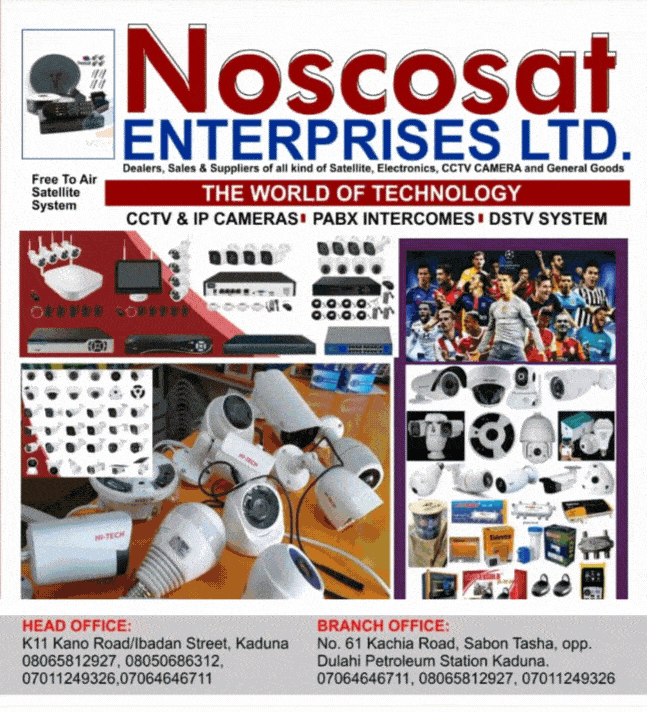By; MURTALA ADOGI MOHAMMED
On January 13, 2024, after sacking then-Minister of Humanitarian Affairs and Poverty Alleviation, Beta Edu, President Bola Tinubu established a six-member panel to review the policy guidelines of social investment programmes. Led by Finance Minister, Wale Edun, the panel is tasked with auditing the financial frameworks of these programs.
The committee members include Muhammad Ali Pate (Coordinating Minister of Health and Social Welfare), Atiku Bagudu (Minister of Budget and Economic Planning), Mohammed Idris (Minister of Information and National Orientation), Bosun Tijani (Minister of Communications, Innovation and Digital Economy), and Ayodele Olawande (Minister of State for Youth).
I commend President Bola Ahmed Tinubu for the prompt actions taken to address the multitude of crises within the Ministry of Humanitarian Affairs and Poverty Alleviation from August 2023 to January 2024. However, the delay by the committee is undermining the President’s efforts, making progress appear stalled and ineffective.
Six months have passed without any updates from the committee. With the rising poverty levels, we cannot afford this delay. In an administration of only four years, time is a luxury we don’t have.
Further delay by this Committee could exacerbate the already critical situation of rising poverty levels in the country. Immediate and effective social investment programs are crucial to providing relief to the most vulnerable populations.
The credibility and effectiveness of the administration’s commitment to poverty alleviation are also at stake, potentially eroding public trust and support.
Moreover, prolonged inaction may hinder long-term economic growth and stability. Social investment programs are designed to boost human capital, improve health and education outcomes, and create opportunities for economic empowerment.
Without timely intervention, the cycle of poverty can become more entrenched, making it more difficult and costly to reverse in the future.
The delay undermines the government’s ability to implement other essential reforms and initiatives within its four-year term, ultimately compromising the overall development agenda.
To accelerate the work of the committee and ensure timely submission of its report to President Tinubu, the following steps should be taken:
1. Set Clear Deadlines – Establish firm deadlines for each phase of the committee’s review process. Breaking down tasks into manageable milestones will ensure steady progress and accountability.
2. Increase Resources – Allocate additional resources, such as staff, technology, and funding, to support the committee’s efforts. Enhanced support can expedite data collection, analysis, and report drafting.
3. Interim Reports – Encourage the submission of interim reports to the President. These updates can highlight initial findings and recommendations, allowing for immediate action on urgent issues while the final report is being prepared.
4. Stakeholder Engagement – Involve key stakeholders, including experts, community leaders, and relevant organizations, to provide insights and expedite information gathering. Collaborative efforts can enrich the report’s content and hasten its completion.
5. Public Accountability – Make the committee’s timeline and objectives public to create external accountability. Public scrutiny can motivate timely action and ensure that the committee remains on track.
6. Prioritize Key Issues – Focus on the most critical aspects of the social investment programs first. Addressing the most pressing issues can yield quick wins and set the stage for broader recommendations in the final report.
Murtala Adogi Mohammed PhD is the Founder/CEO – System Strategy & Policy Lab Abuja, Nigeria. He can be reached via; mamurtala@gmail.com




